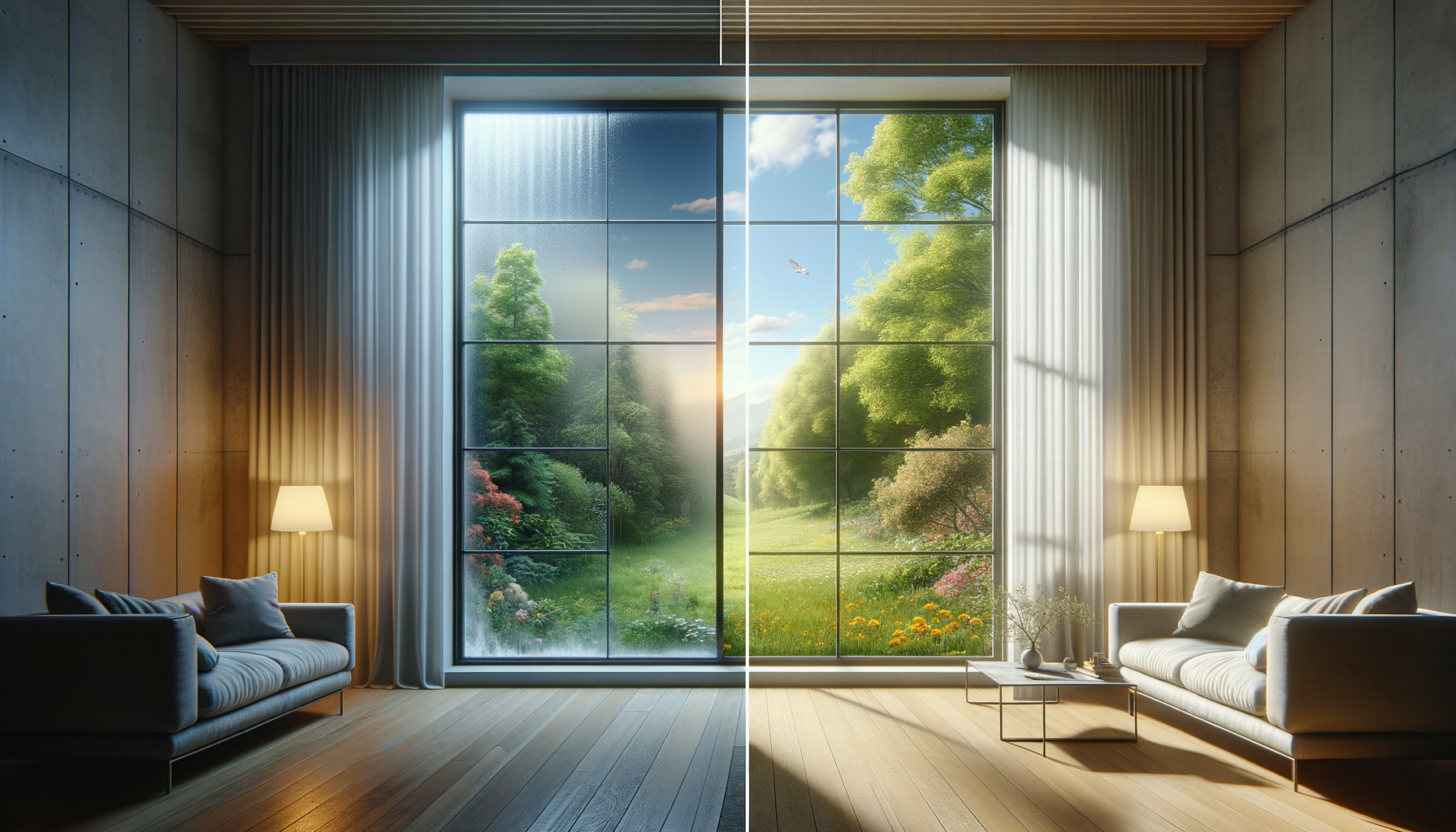Understanding the Importance of Window Updates
Windows play a crucial role in the overall functionality and aesthetics of a home. They are not just openings that allow light and air; they are integral to your home’s insulation, security, and energy efficiency. Updating your windows can transform your living space in numerous ways. New windows can improve the curb appeal of your home, potentially increasing its market value. They are also a critical component in reducing energy costs, as modern windows often come with enhanced insulation properties.
Moreover, new windows can provide better soundproofing, making your home a more peaceful retreat from the outside world. With advances in technology, windows now come with various features such as UV protection, which can protect your furniture and floors from fading. Thus, updating your windows is not just about replacing old with new; it’s about enhancing the quality of life within your home.
Choosing the Right Materials for Your Windows
When updating windows, selecting the right material is paramount. The choice of material affects not only the window’s appearance but also its durability, maintenance requirements, and energy efficiency. Common materials include vinyl, wood, aluminum, and fiberglass, each with its own set of advantages.
- Vinyl: Known for its affordability and low maintenance, vinyl is a popular choice. It offers good insulation and is resistant to moisture.
- Wood: Wood provides a classic look and excellent insulation. However, it requires regular maintenance to prevent rot and warping.
- Aluminum: Durable and strong, aluminum windows are ideal for modern homes. They are less insulating than other materials but are lightweight and resistant to corrosion.
- Fiberglass: Fiberglass windows are durable and offer excellent insulation. They can be painted to match your home’s exterior and require little maintenance.
Choosing the right material involves balancing aesthetics, budget, and performance needs. Consulting with a professional can help in making an informed decision that aligns with your specific requirements.
Energy Efficiency and Environmental Impact
One of the primary reasons homeowners opt to update their windows is to improve energy efficiency. Windows can be a significant source of heat loss in a home. Modern windows are designed to minimize this through advanced features such as double or triple glazing, low-emissivity coatings, and gas fills like argon or krypton between panes.
These features work together to reduce the amount of heat that escapes in the winter and enters in the summer, leading to lower energy bills and a reduced carbon footprint. Moreover, energy-efficient windows contribute to a more comfortable indoor environment by maintaining a consistent temperature.
Additionally, choosing windows made from sustainable materials or those that are recyclable can further minimize the environmental impact. By selecting energy-efficient windows, homeowners not only save money but also contribute to environmental conservation efforts.
Installation Considerations and Costs
The installation process is a critical component of updating your windows. Proper installation ensures that the windows function as intended and last for many years. It is advisable to hire experienced professionals for the installation to avoid common pitfalls such as air leaks or water infiltration.
The cost of window updates varies depending on factors such as the number of windows, the type of windows chosen, and the complexity of the installation. While the initial investment can be substantial, the long-term benefits in terms of energy savings and increased home value often justify the expense.
Homeowners should obtain multiple quotes and consider warranties and after-sale services when selecting a contractor. A well-executed installation not only enhances the performance of the windows but also provides peace of mind.
Maintaining Your New Windows
Once your new windows are installed, regular maintenance is key to ensuring they remain in optimal condition. Different materials require different levels of care. For instance, vinyl and fiberglass windows typically require less maintenance than wood windows, which may need periodic painting or sealing to prevent damage.
Regular cleaning of the glass and frames helps maintain their appearance and functionality. It’s also important to check for any signs of wear or damage, such as cracks or gaps, and address them promptly to prevent further issues.
Implementing a routine maintenance schedule can extend the life of your windows and protect your investment. By taking proactive steps, homeowners can enjoy the benefits of their updated windows for many years to come.




Leave a Reply